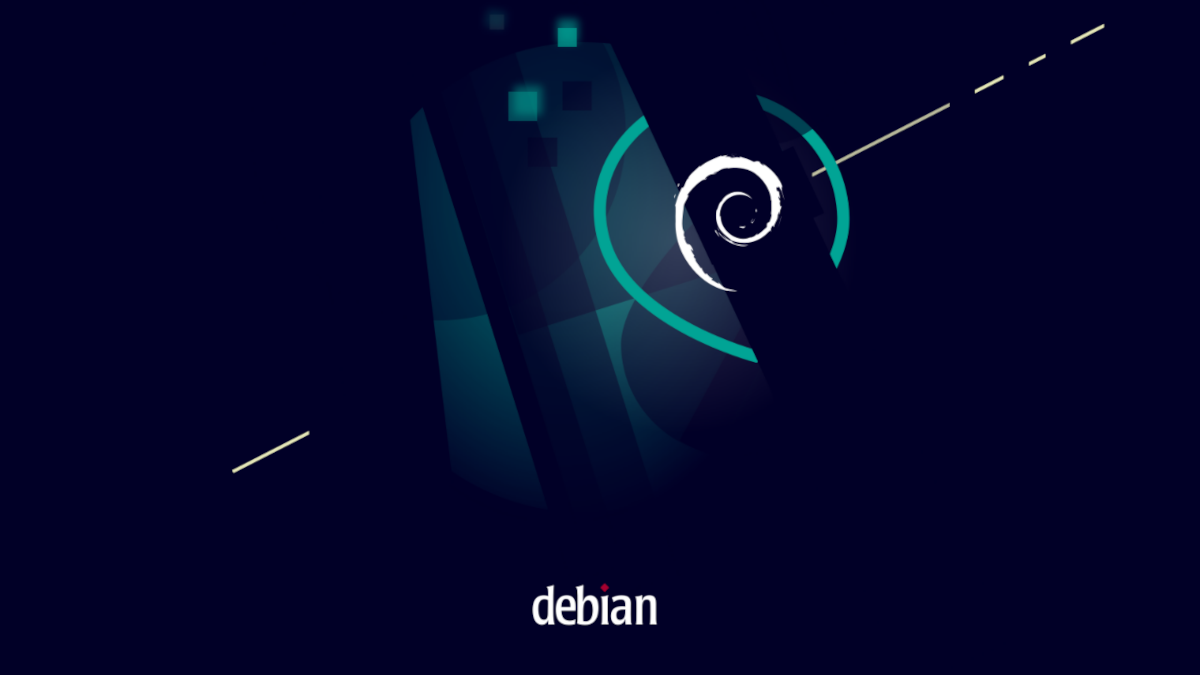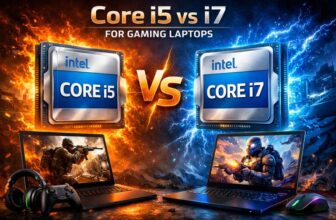
The concept behind RISC-V is truly exciting and, if it’s actually able to take off, it might change the tech landscape considerably. Unlike ARM and x86, RISC-V is a completely open architecture, allowing anyone to create processors based on the design or create improvements without complicated licensing agreements. Now, Debian is officially adding RISC-V support in its next major version, version 13.
Debian 13, codenamed Trixie, will come with official support for the RISC-V architecture. While it was already possible to run Debian on RISC-V hardware, versions of Debian compatible with the architecture were technically unofficial ports. Version 13 of the operating system will be the first one to officially support the open architecture, something that represents a big win in its believers’ efforts to eventually make it mainstream. Debian is already available in a range of both conventional and non-conventional CPU architectures, from the old-fashioned x86 and ARM to more niche things such as MIPS, PowerPC, and IBM Z. Debian support would also make it easier for downstream Linux distributions to add RISC-V support, such as Ubuntu Linux and its many derivities.
There is some RISC-V hardware you can currently buy if you want to check out this version of Debian. Pine64, for one, recently launched the PineTab V, a tablet with a RISC-V CPU, the JH7110. Qualcomm also recently joined forces with a number of other chipmakers in an effort to invest in RISC-V and make it grow bigger. So at the moment, the future of RISC-V is looking promising. It still has a long way to go, with ARM currently being the leading RISC architecture (being available on billions of devices as of right now). But who knows what the future will hold?
The downside of this is that Debian 13 will be available in at least two years — Debian 12 just got released a few months ago, and new Debian versions come out roughly every two years. So if you have a RISC-V device you want to install Debian on, you’re in for a long wait. You might want to try out one of the forks that currently exist, though.
Source: OMG! Linux






